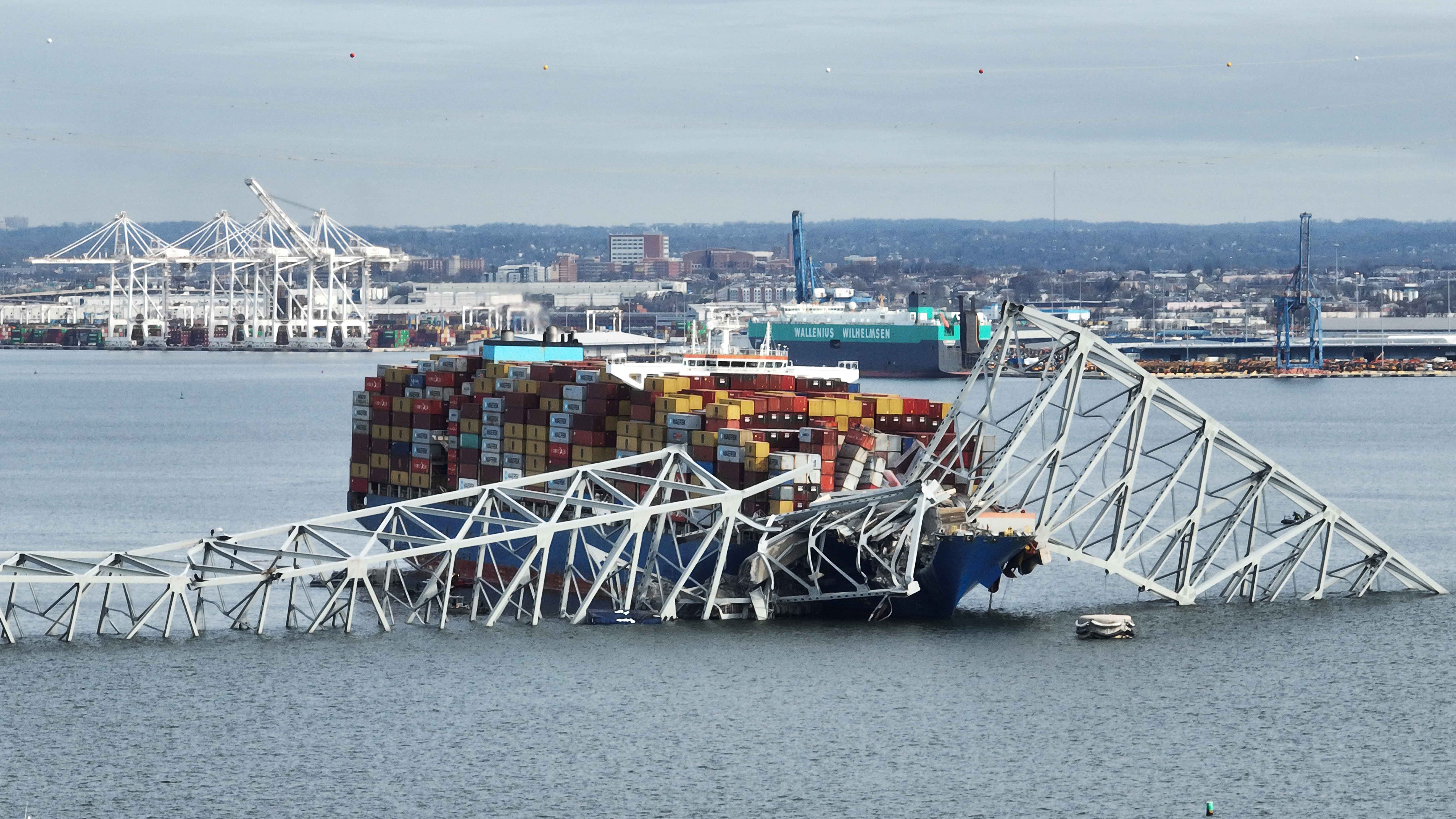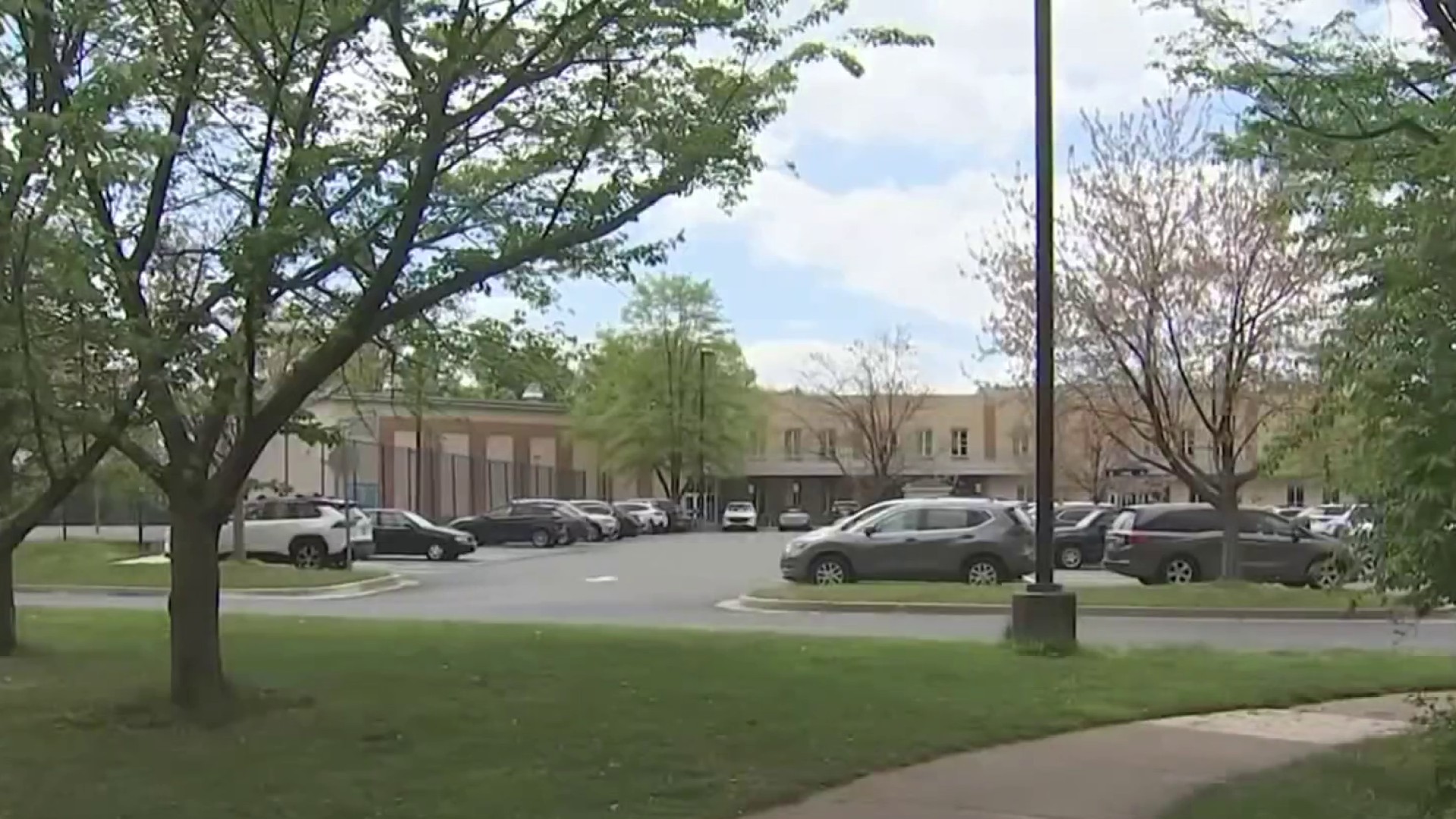There’s good news about how the nation is keeping watch over the growing security bureaucracy in this country.
But there’s bad news about what you’re going to have to do to make sure your District of Columbia driver’s license conforms to new federal security requirements. If you ignore those requirements, you could have trouble getting into federal buildings this fall or getting on an airplane in 2016.
First the good news.
The Washington Post won a Pulitzer Prize for public service this week for disclosing secret operations of the National Security Agency.
The Pulitzer board said the Post helped "the public understand how the disclosures fit into the larger framework of national security." The Post shared the award with Britain’s The Guardian.
Here in Washington, Post executive editor Martin Baron was a bit blunter about the Post’s reporting. Being quoted in his own newspaper, Baron said, "We never would have known how far this country had shifted away from the rights of individuals in favor of state power. There would have been no public debate about the proper balance between privacy and national security."
Baron said the journalists’ work was a true public service. “In constructing a surveillance system of breathtaking scope and intrusiveness, our government also sharply eroded individual privacy. All this was done in secret, without public debate, and with clear weaknesses in oversight.”
Local
Washington, D.C., Maryland and Virginia local news, events and information
The Pulitzer-winning report, based in part on documents leaked by former contractor Edward Snowden, follows a 2010 special series by The Post on the huge security bureaucracy that has emerged since the terrorist attacks of September 2001.
That series, Top Secret America, compiled hundreds of thousands of documents and identified 45 government agencies with 1,271 “sub-units” making up the security bureaucracy. In addition, it identified nearly 2,000 private firms as part of that bureaucracy.
The full-throated debate over how much secrecy is necessary and appropriate is far from over. But the journalism work helps inform the debate.
That’s the worldview of secrecy.
Now, the bad news. Check your wallet and purses for something more concrete you might soon have to worry about — your driver’s license.
The District government said Monday it finally is embarking on a plan to require that all 541,000 licenses and special identification cards issued by the Department of Motor Vehicles be changed to meet federal security standards for what are called “Real ID” licenses.
DMV director Lucinda Babers disclosed the depth of the program Monday. “If you have our existing driver’s license, eventually you will have to come back in — in person — because you’ve going to have to bring your proof of residency, your proof of identity” for DMV to validate it.
Babers, who has helped lead a significant improvement in DMV services since taking over seven years ago, said this is not just another way for the DMV to aggravate drivers — it’s a federal law. She said as of May 1, anyone changing an address, replacing a lost card, making a name change or just getting a new D.C. license will have to show documented proof of citizenship — a federal passport, a birth certificate or similar document. (A list is at dmv.dc.gov). The new license will be marked with a “star” to show that you’ve proved who you are.
Even if you have no reason to change your license and it isn’t due to expire — the Notebook’s doesn’t expire until 2020 — you’re still going to have to make a trip to a DMV office for the federal security upgrade. And you can’t do this upgrade online. You have to go in.
Babers said her office will soon begin sending postcard notices to those with current licenses that are valid. The notice will invite you to come in for the change and tell you what documents you can use. She’s urging everyone not to ignore the postcards.
“And if you look at it and say, ‘Uh, none of this could possibly apply to me so I’m just going to show up with nothing in hand,’ … please, please, please, it WILL apply.”
■ Undocumented licenses? The District, along with many other jurisdictions, has passed a law allowing undocumented workers to obtain driver’s licenses. Such workers already were driving, but without licenses or insurance. The new program finally begins on May 1. However, despite many complaints, the District’s new licenses for undocumented workers will be clearly marked “not for federal purposes.” That’s also a requirement of federal law. And you can’t just walk in to get one of the undocumented licenses. You have to call ahead to make an appointment — and be prepared to show you actually have lived in the District at least six months.
Tom Sherwood, a Southwest resident, is a political reporter for News 4.



